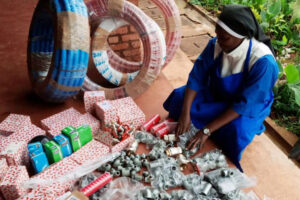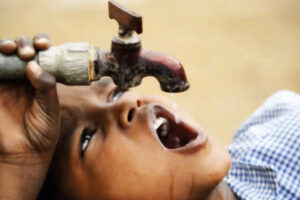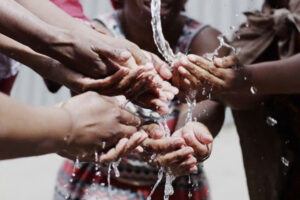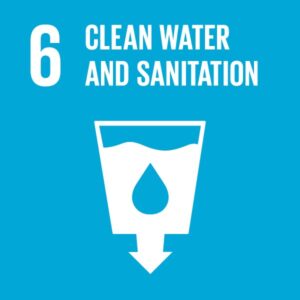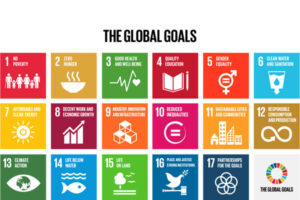- VENTILE
- HEIZUNG
- THERMOSTATVENTILE UND RÜCKLAUFVERSCHRAUBUNGEN
- THERMOSTATSTEUERUNGEN
- MANUELLES VENTILE UND RÜCKLAUFVERSCHRAUBUNGEN
- ZWEIROHRVENTILE FÜR KONVEKTORENPLATTEN
- ELEKTRISCHE SERVOSTEUERUNGEN UND ZONENVENTILE
- VERTEILER
- HEIZKREISVERTEILER AUS EDELSTAHL
- HEIZKREISVERTEILER IN MESSING
- REGELGRUPPE MIT FESTWERTREGELUNG
- ZUBEHÖRE FÜR VORMONTIERTE HEIZKREISVERTEILER
- ENTLÜFTUNGS- UND SICHERHEITSVENTILE
- THERMOSTATE UND UHREN-RAUMTHERMOSTATE
- VERTEILEREINHEITEN UND VERTEILER FÜR ZENTRALHEIZUNGSANLAGEN
- ANSCHLÜSSE
- FILTER – SCHLAMMABSCHEIDER MIT MAGNET – DRUCKMINDERER
- Höhepunkte
- Katalog
- Downloads
- Qualität & Zertifizierungen



